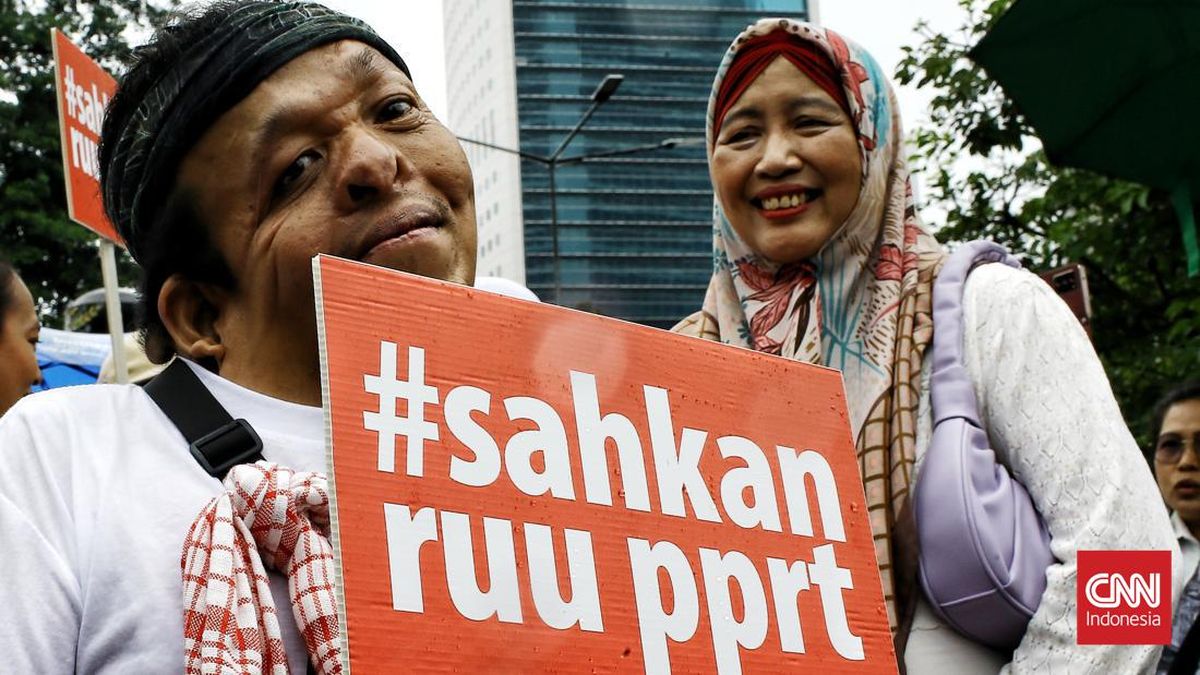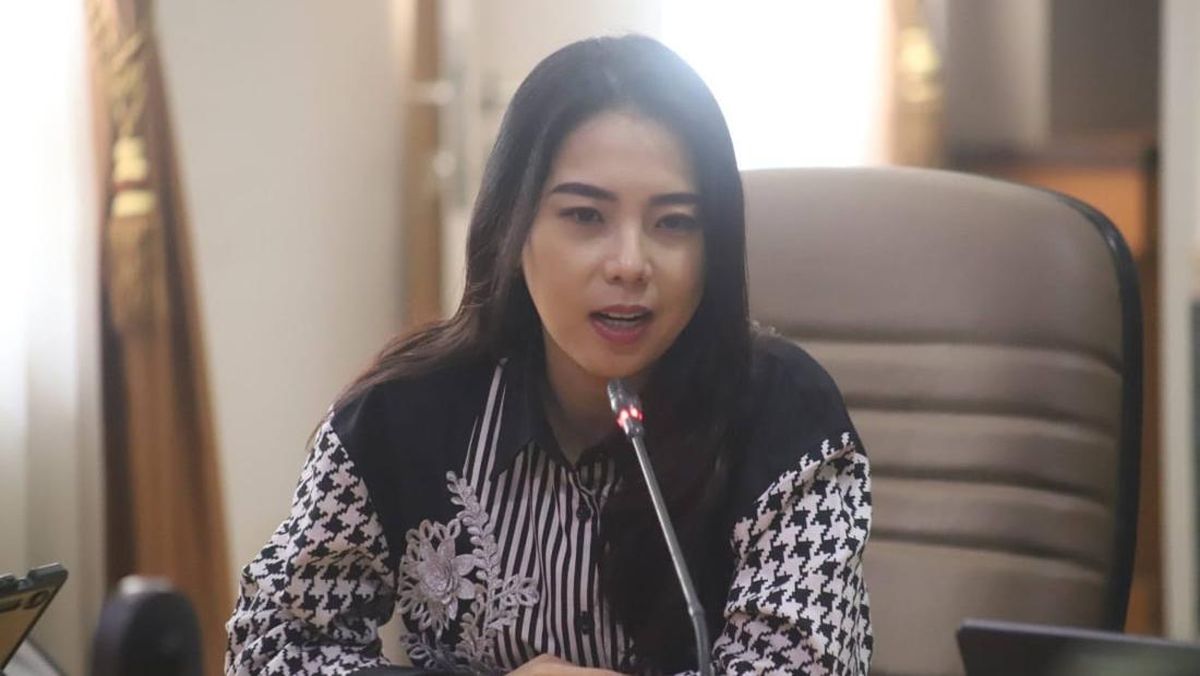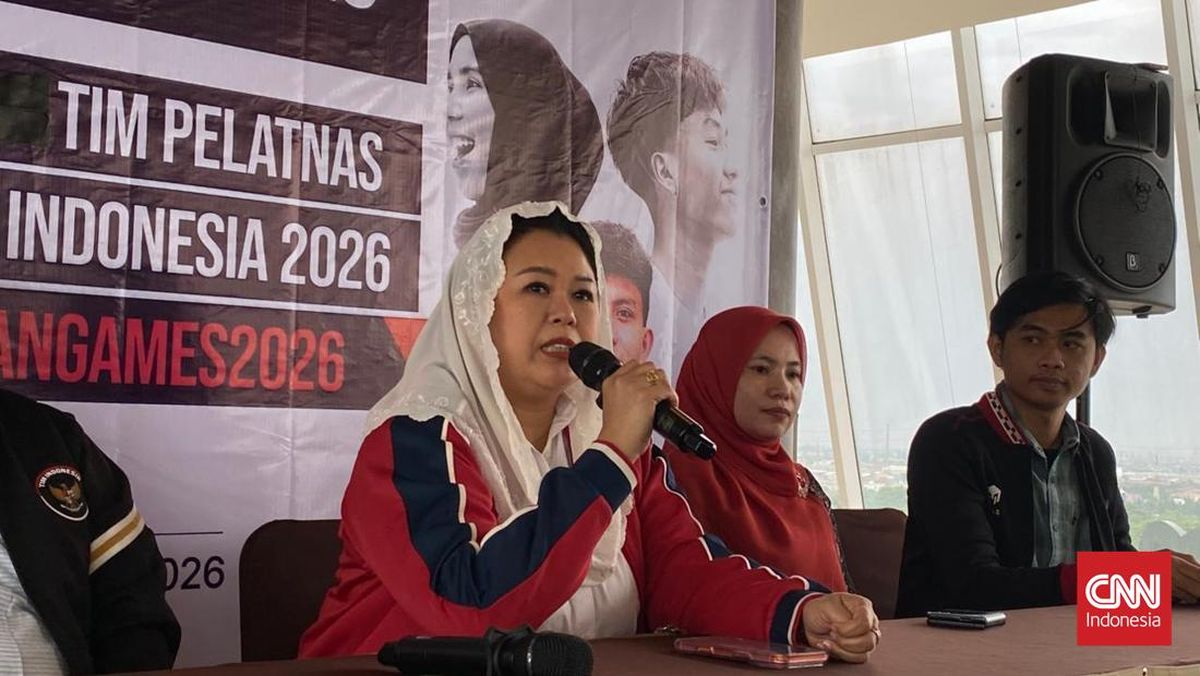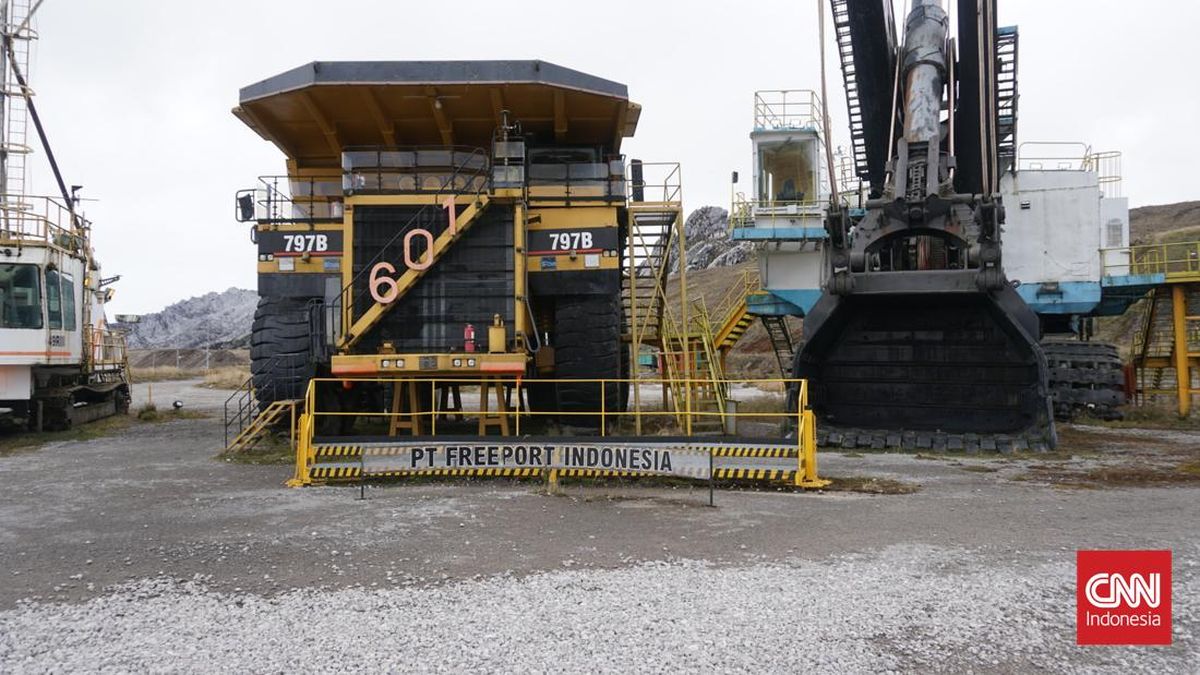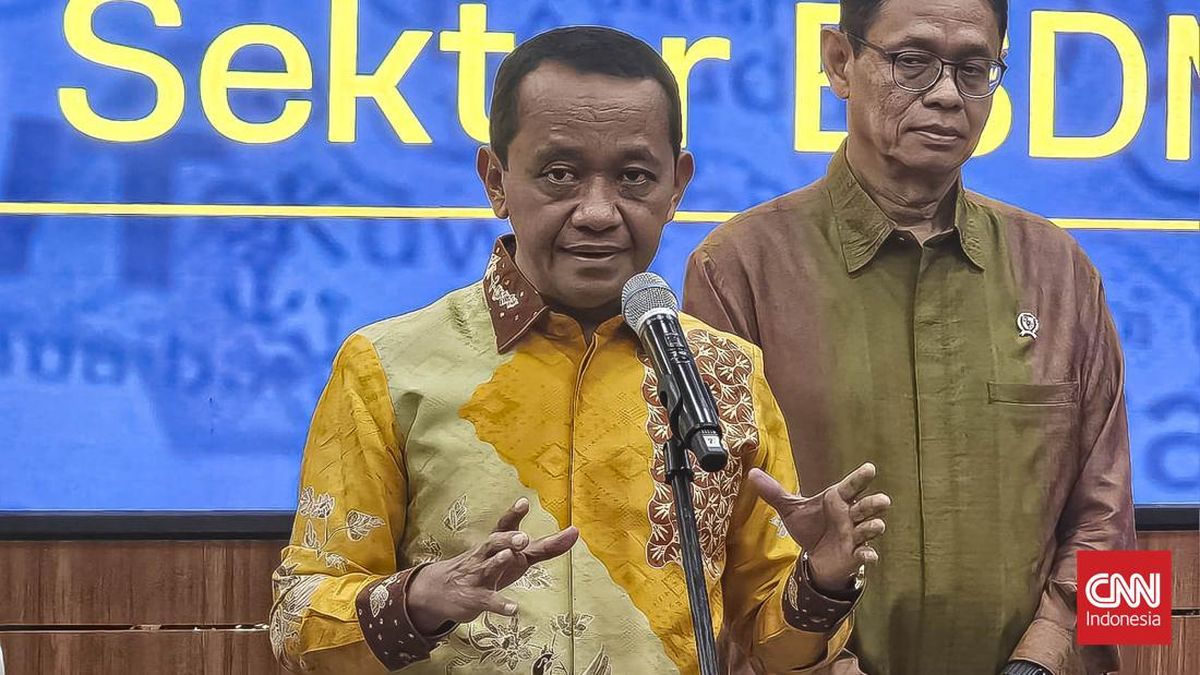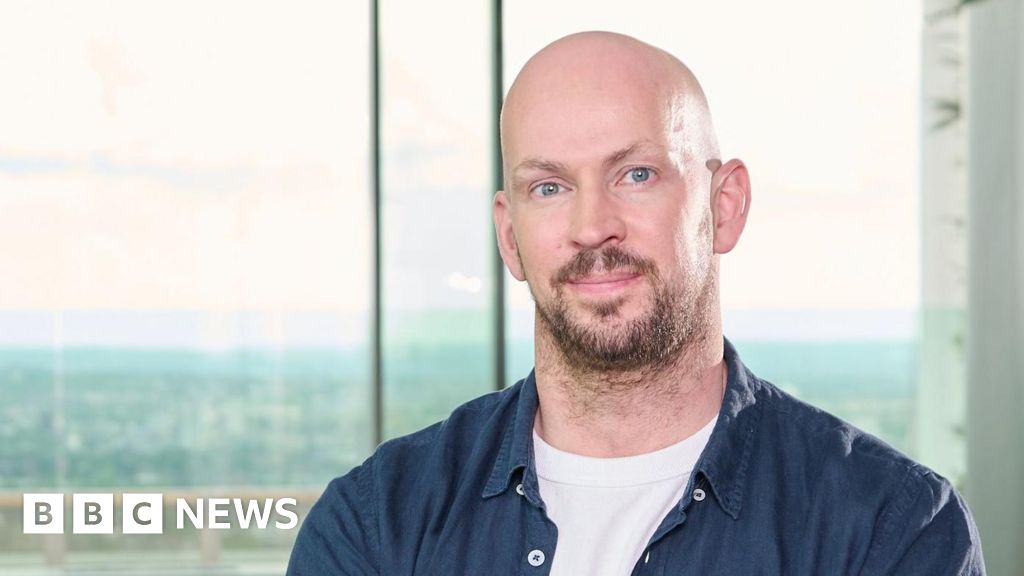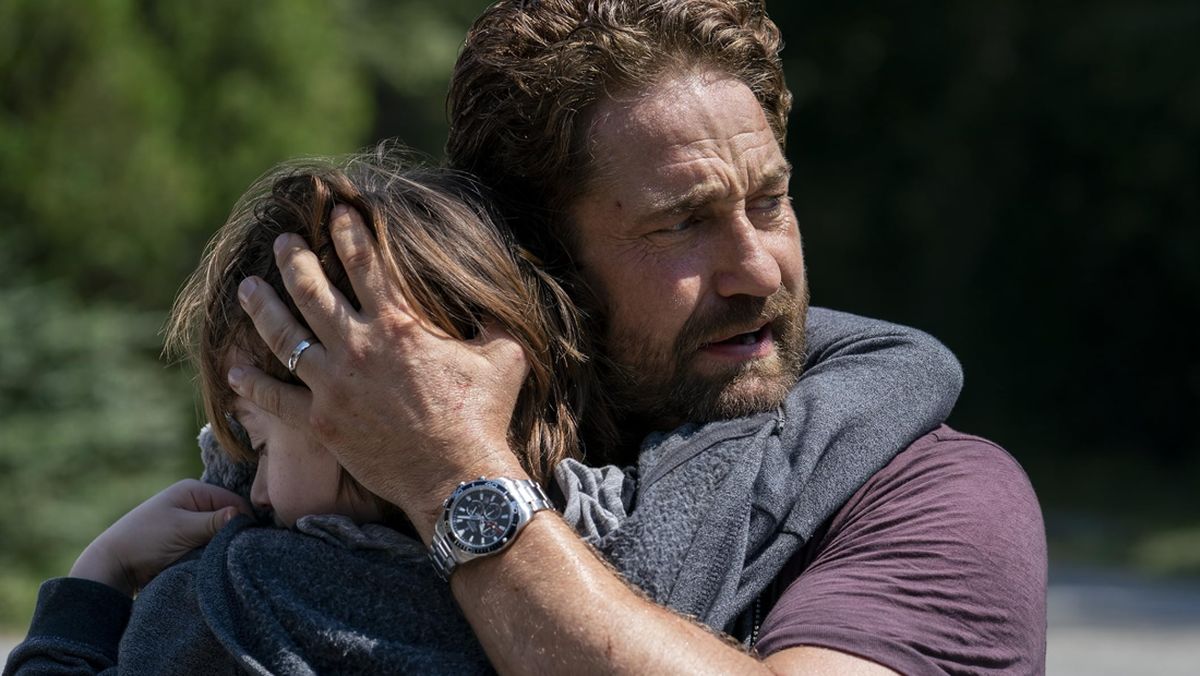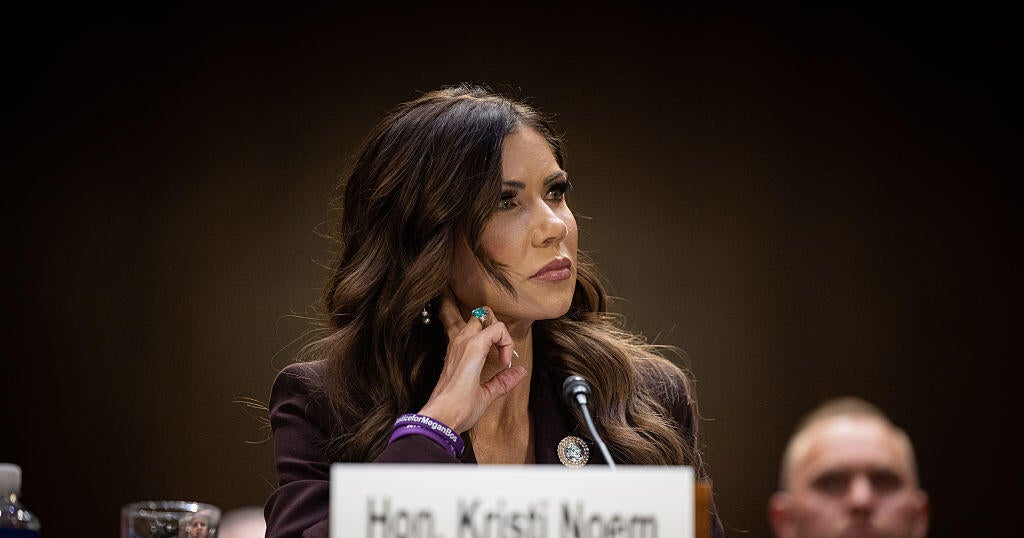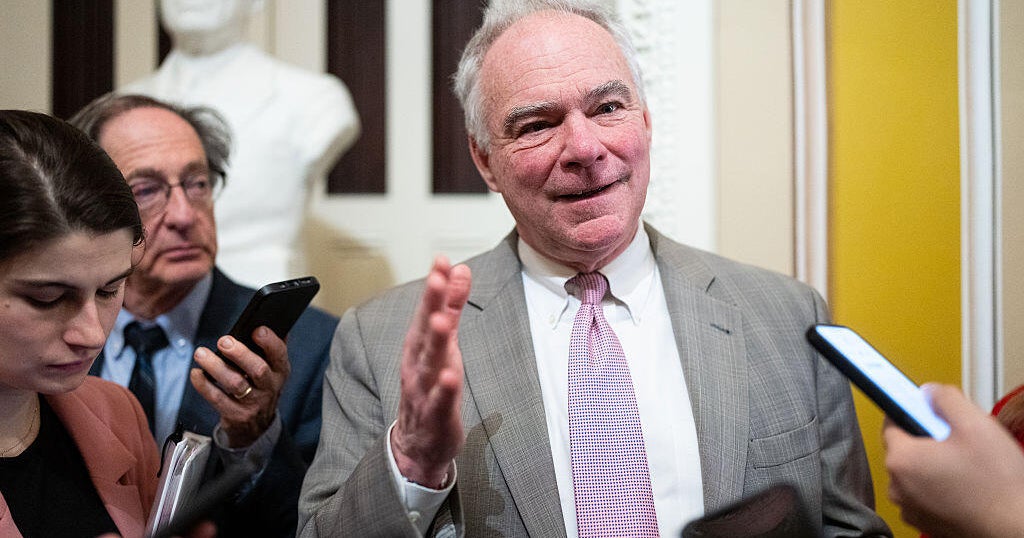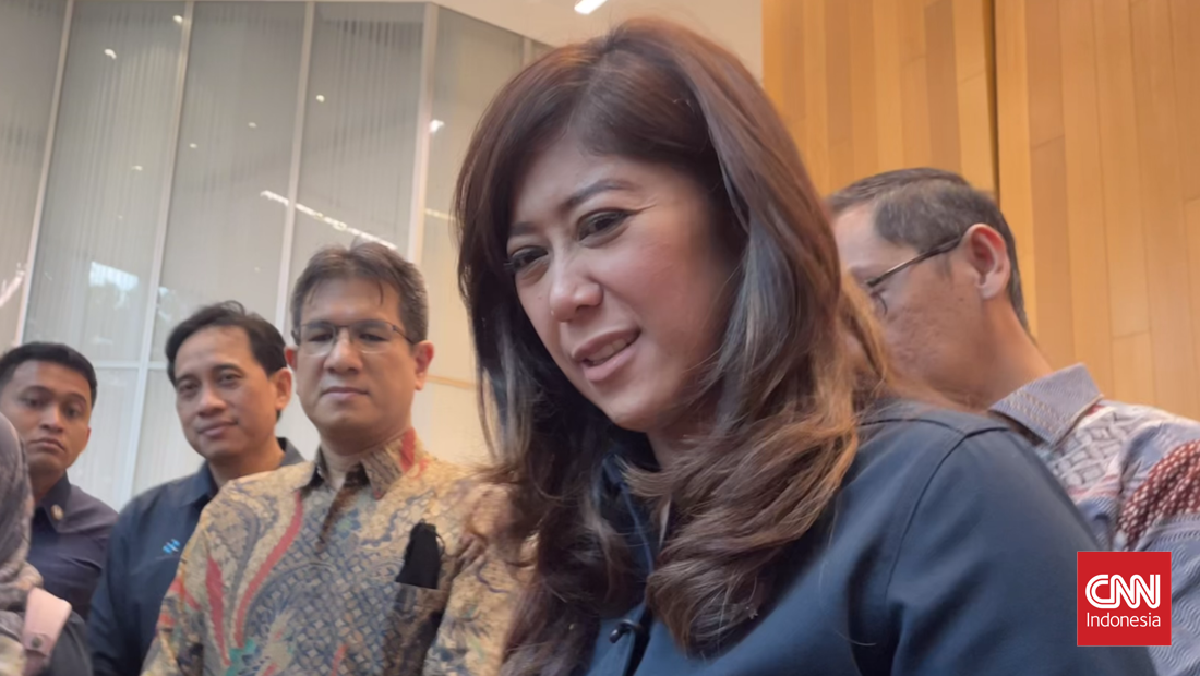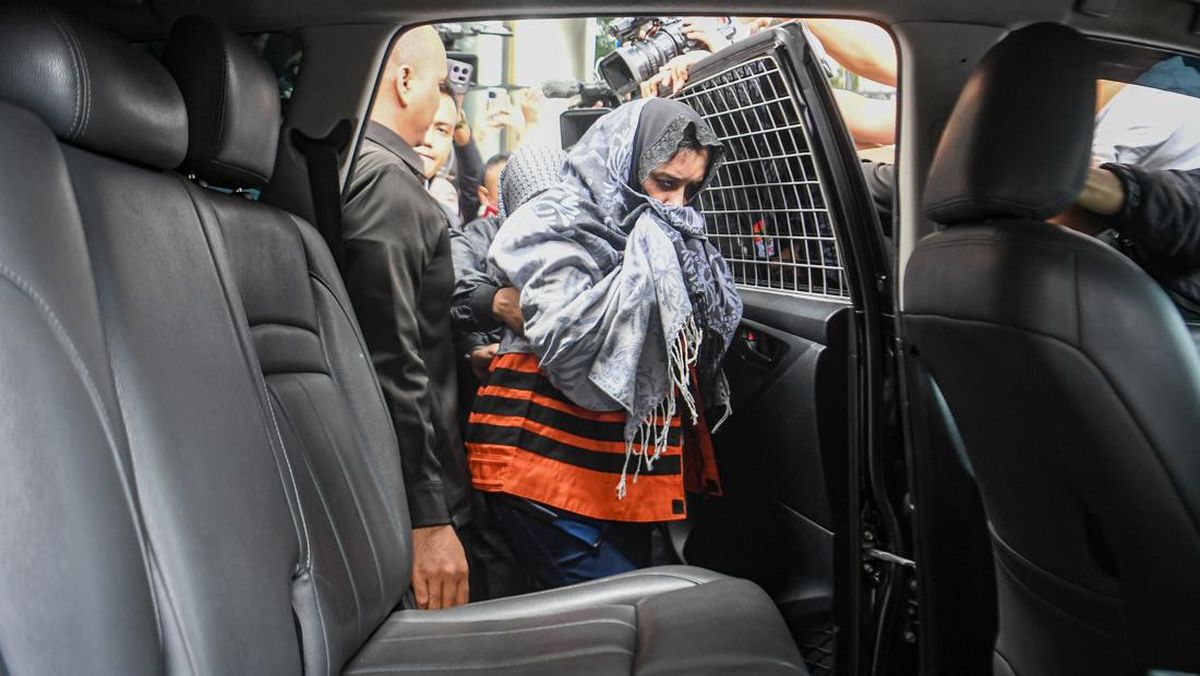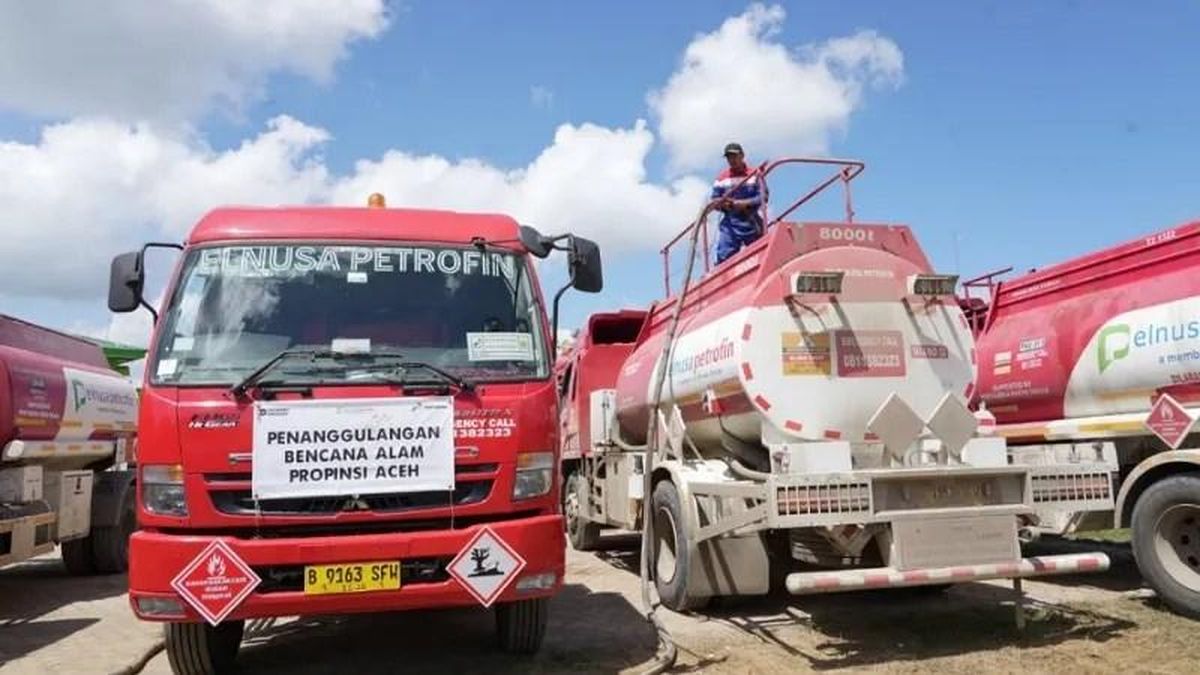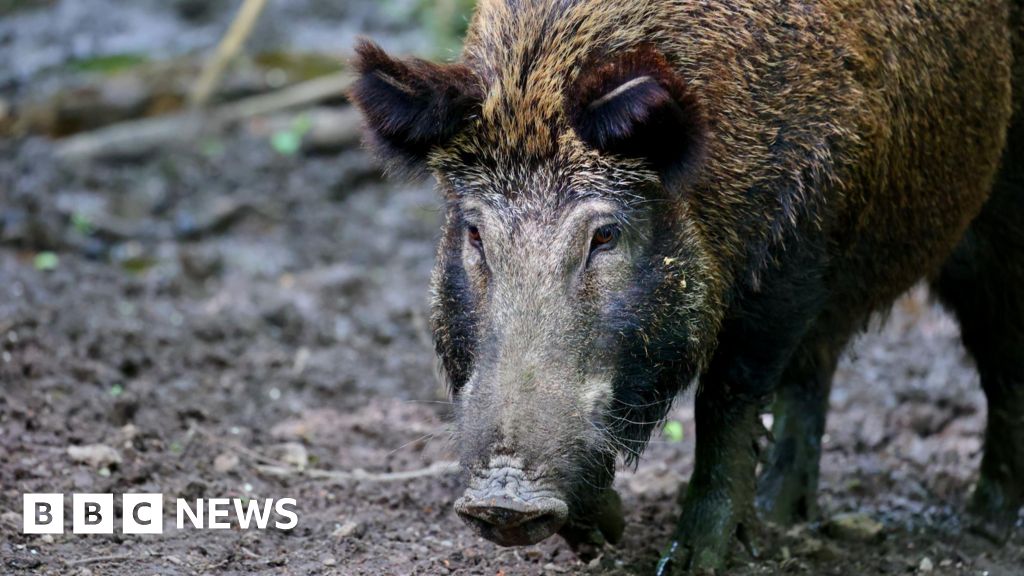Glimmer of hope in workers compensation stand-off
We’re sorry, this feature is currently unavailable. We’re working to restore it. Please try again later.
November 6, 2025 — 4.36pm
For six months now, a much-needed overhaul of the state’s workers compensation system has been at the centre of a strange and unedifying political bunfight.
On one side, the Labor government is pushing to rein in the scheme, arguing that a surge in claims, declining return-to-work rates and skyrocketing business premiums make the whole endeavour highly unsustainable.

Crossbench MPs Taylor Martin and Alex Greenwich have offered a compromise.Credit: Photo: Sitthixay Ditthavong; artwork: Aresna Villanueva
On the other, the NSW Liberals are at odds with small and big business by opposing the changes and accusing the government of short-changing workers in their time of need. This view has been shared by some unlikely bedfellows, including the Greens, and independent upper house MP Mark Latham. Indeed, at times, the opposition seems to have been more influenced by Latham than any of the pleas by those in the small business community and non-government sector facing crippling premium costs.
The debate has not captured a lot of public attention given its complexity. But a well-designed workers compensation system that supports genuinely injured workers and gets them back to work as soon as possible is very much in the public interest.
Could the Minns government have handled the reform proposals more deftly? No doubt. Are the Liberals playing games? You bet.
State insurer icare is under financial pressure as the number of psychological injury claims have doubled in the past six years and return-to-work rates have fallen. The government’s bill was designed to reduce premiums for employers, which were rising by an average of 8 per cent a year.
Among many changes in the current bill, workers would be cut off from regular compensation payments after 2½ years unless they can prove a whole-person impairment (WPI) of at least 31 per cent.
With the government’s reforms stalled in parliament for months, a potential compromise which could end the deadlock has emerged.
In a letter to the government, eight crossbenchers in the lower and upper houses have proposed a series of steps that get the reforms moving. The deal has been largely orchestrated by independent Sydney MP Alex Greenwich and former Liberal turned independent Taylor Martin.
Under the new compromise proposal, there would be a gradual increase in the WPI thresholds while the chief psychiatrist works on a new measurement tool. The first increase would start on July 1, 2026 at 25 per cent, with a second and third increase set at 27 per cent on July 1, 2027 and 28 per cent on July 1, 2029 – lower than the bill’s proposed 31 per cent.
The crossbenchers said the system was increasingly falling into deficit, with state funds redirected from infrastructure and services to prop up the broken system.
“We acknowledge that there are challenges in balancing the needs of injured workers with those of businesses and non-government organisations, but we know that the status quo is not sustainable. It is the parliament’s job to find solutions that ensure NSW has a strong and sustainable safety net for injured workers.”
The Herald agrees. It is not sustainable for Labor to stick to its guns on a bill that goes nowhere, and absurd for the Liberals to sink much-needed reforms in their entirety.
While it is regrettable that more fulsome reforms to the scheme will be several years away, some change is better than none.
Most Viewed in Politics
Loading


